ACCA P1 Governance, Risk and Ethics - 2011 - Study text - Emile Woolf Publishing
Подождите немного. Документ загружается.


Paper P1: Governance, risk and ethics
294 © Emile Woolf Publishing Limited
Attitudes to CSR are evident in the ethical stance that many companies now take on
these issues, and ethical stance in turn is affected by the corporate culture.
3.2 Johnson and Scholes: the cultural web
Johnson and Scholes suggested that there is a cultural web within any organisation,
which affects the way in which individuals understand the organisation in which
they work. This understanding of their organisation called their ‘paradigm’ of the
organisation. Employees find it difficult to think and act outside this paradigm.
The cultural web consists of six inter-related elements of culture within an
organisation.
Routines and rituals. Routines and rituals are ‘the ways things are done around
here’. Individuals get used to established ways of doing things.
Stories and myths. Stories and myths are used to describe the history of an
organisation, and to suggest the importance of certain individuals or events.
They are passed by word of mouth. They help to create an impression of how
the organisation got to where it is, and it can be difficult to challenge established
myths and consider a need for a change of direction in the future.
Symbols. Symbols can become a representation of the nature of the organisation.
Examples of symbols might be a company car or helicopter, an office or
building, a logo or a style of language.
Power structure. Organisations are influenced by the individuals who are in a
position of power. In many business organisations, power is obtained from
management position. However, power can also come from personal influence,
or experience and expertise.
Organisation structure. The culture of an organisation is affected by its
organisation and management structure. Hierarchical and bureaucratic
organisations might find it particularly difficult to adapt to change and are often
conservative in their outlook.
Control systems. Performance measurement and reward systems within an
organisation establish the views about what is important and what is not so
important. Individuals will focus on performance that earns rewards. For
example, it has been suggested that cash bonus systems help to create the profit-
driven culture in investment banks.
The cultural web within a company shapes its corporate ethics.
3.3 Edgar Schein: three levels of culture
Schein had similar views about corporate culture. He suggested that employees
working within a company have shared values, beliefs and ways of thinking: these
interact with the policies, organisation structure and politics of the company’s
management system to create a corporate culture.
Schein also argued that organisation culture is strong because it is regarded as
something that helps the company to succeed. An organisation culture is a set of
assumptions that a group of people working together have invented or discovered

Chapter 13: Ethics and social responsibility
© Emile Woolf Publishing Limited 295
by learning how to deal with problems that the organisation faces, internally and in
its external environment. These assumptions work well enough to be considered
valid; they are therefore ‘taught’ to individuals who join the organisation. New
entrants therefore learn the culture of the organisation and become a part of that
culture.
According to Schein, there are three levels of culture that members of an
organisation acquire.
The outer skin. At one level, the culture of a company is evident in what an
observer can see by visiting the company, and in the values that it states. The
facilities and surroundings in which employees work help to create culture. So
too does the way that employees dress. Culture is also seen in the way that
employees talk to each other and interact with each other. A company might
have a formal code of ethical behaviour, which is intended to shape the attitudes
of all its members. However, stated values and mission statements are often
expressed in general terms, such as ‘providing a service to the community’ and
‘providing the best quality of service to customers’.
An inner layer. At this second level, the employees in a company share common
views on specific issues. This layer of culture can be seen in the ethical stance
that the company takes. Whereas the outer layer of culture is expressed in
general terms, this inner layer is expressed in relation to specific issues, such as:
- Should we trade with companies or governments in politically repressive
countries?
- Should we buy goods from suppliers who use slave labour or child
labour?
The heart. The third level of culture is the company’s paradigm. This is a term
for the shared assumptions and attitudes about what really matters, that are
taken for granted and rarely discussed. These affect the way that the
organisation sees itself and the environment in which it operates, and is the real
‘core’ culture of the organisation. Unlike mission statements and codes of ethics,
a paradigm is not written down, and it is difficult to identify or explain. The
‘paradigm’ has also been described as the reason why the organisation exists. A
police force exists to catch criminals, and a school exists as a place for learning.
Schein argued that changing corporate culture is very difficult. The ‘outer skin’ can
be changed fairly easily, with a determined effort by management, but it is very
difficult to change the paradigm.
The following example suggests that codes of corporate ethics cannot be made to
work unless senior management enforces them and ensures that they are applied.
The example can also be used as an illustration of how it is much more difficult to
alter the paradigm of a company than the ‘outer skin’ of its culture.
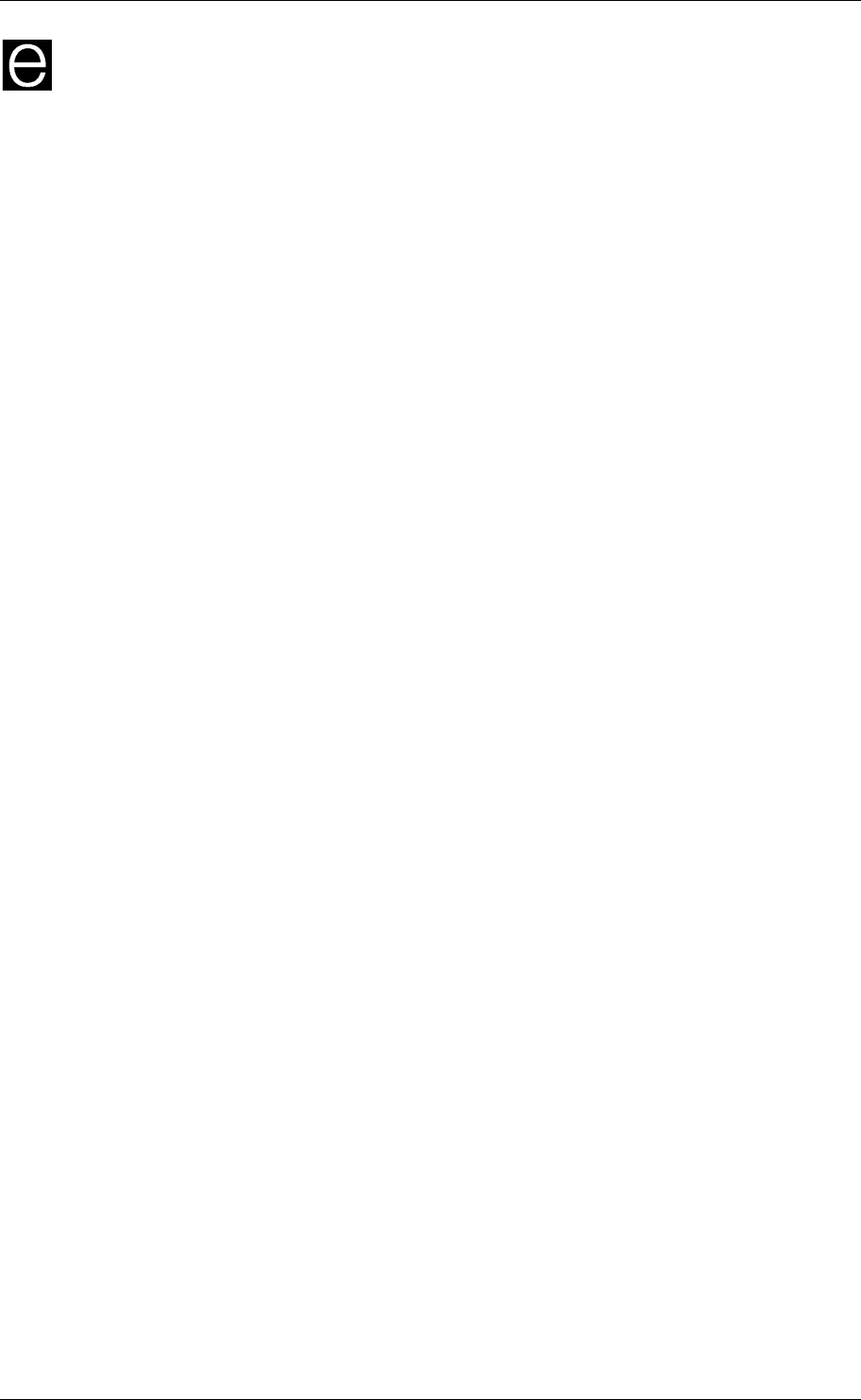
Paper P1: Governance, risk and ethics
296 © Emile Woolf Publishing Limited
Example
In 2004 when James Young became CEO of a UK bank, the bank’s reputation had
been damaged by its associations with companies such as Enron and WorldCom, as
a provider of both on-balance sheet and off-balance sheet finance.
Mr Young wanted to improve the image of the bank, which meant improving its
cultural and ethical outlook. He introduced a code of conduct and the bank’s
executives world-wide were asked to adhere to this code. The code stated that the
bank should aspire to be a company with the highest standards of ethical conduct
and an organisation that people could trust.
In June 2005, there was a problem in Edinburgh on the bank’s trading desk for
European government bonds. The desk was under pressure to increase its profits,
and the management decided to exploit a weakness in a Spanish-based electronic
trading system for government bonds called PPQ. The trade involved selling a very
large quantity of bonds early in the morning, sufficient to send bond prices falling
sharply, then buying the bonds back at much lower prices later the same morning.
The trade earned a profit of €23.7 million at the expense of other participants in the
bond market.
Following this event, some banks refused to honour their commitment to make a
market in the bonds on PPQ, and in the next three months, daily trading volumes
on PPQ fell by 35%. This led to worries by European governments about whether
they would be able to continue issuing bonds (to raise new finance) at a reasonable
rate of interest.
Some governments reacted with anger against the bank and withdrew their
business. In the UK, the Financial Services Authority fined the bank £12 million for
failing to exercise due skill, care and diligence. The traders responsible for the trade
were suspended.
In the bank, there had been a serious breach of its new code of conduct that
customers, suppliers and competitors would be treated fairly. The change in culture
that the code of conduct was intended to introduce had not reached the heart of the
cultural thinking within the bank. The traders, after a brief suspension from work,
returned to work. The bank admitted to bad ethical behaviour and poor
professionalism, but top management did nothing, and no one within the bank was
held responsible.
3.4 Culture, ethics and global companies
Global companies operate in many different countries and employ managers and
other employees from diverse cultures.
It can be difficult for global companies to develop a single corporate culture. It is
therefore difficult for the senior management of global companies to ‘enforce’ their
view of business ethics on the entire organisation.
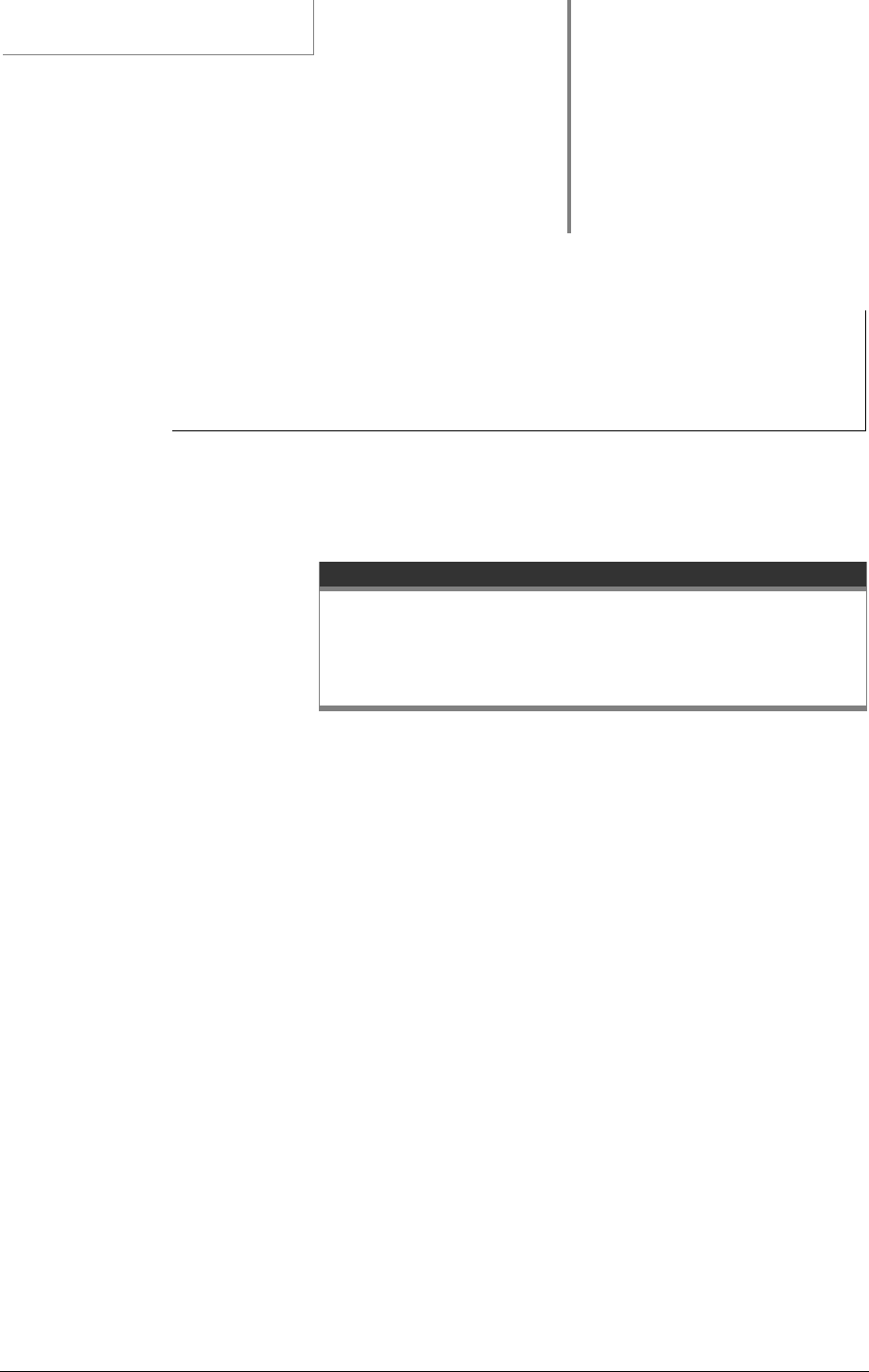
© Emile Woolf Publishing Limited
297
Paper P1
Governance,riskandethics
CHAPTER
14
Professional practice and
codes of ethics
Contents
1 Professions and the public interest
2 Corporate codes of ethics
3 Codes of ethics for accountants
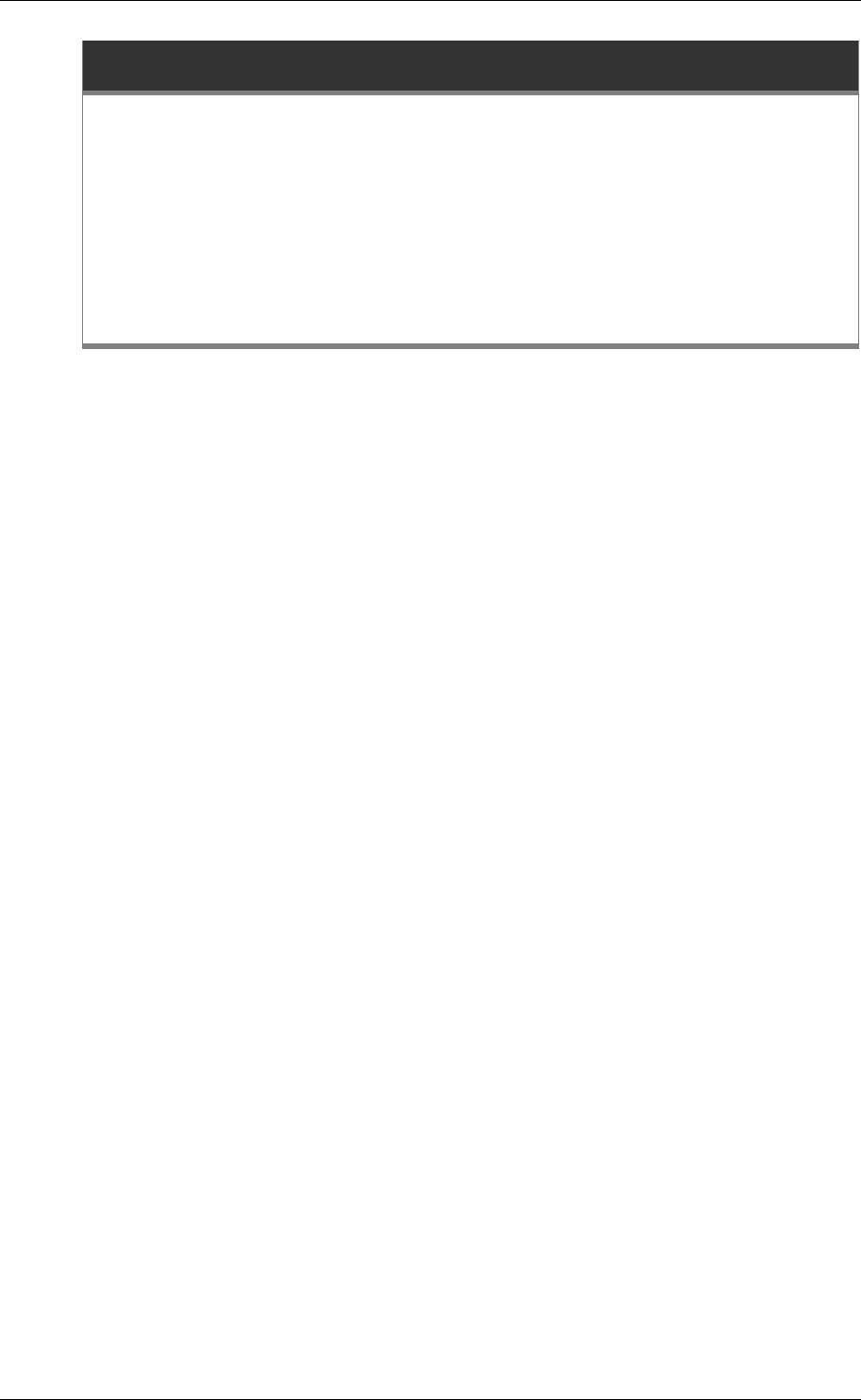
Paper P1: Governance, risk and ethics
298 © Emile Woolf Publishing Limited
Professions and the public interest
The nature of a profession
Acting professionally
Acting in the public interest
Influence of the accounting profession in business and government
Public expectations of the accountancy profession
Ethics and accountants: critical theory
Accountants and acting against the public interest
1 Professions and the public interest
1.1 The nature of a profession
The word ‘professional’ is associated with a highly-qualified group of individuals
who carry out a particular type of highly-skilled work. Examples of professions are
doctors and surgeons, dentists, lawyers, actuaries and accountants.
Each professional group is organised and regulated by a professional body. (In the
UK, the professional bodies often have a royal charter. The accountancy profession
has several different professional bodies.) The professional body has the power to:
admit new members to the profession
award qualifications to individuals who achieve a required standard of skill or
competence
expel members from the profession, for unprofessional conduct.
It is often a legal requirement that certain aspects of the work of professionals must
be performed by professionally-qualified people.
Professionals and their clients
The relationship between professionals and their clients is based on several
perceptions of the nature of a professional person.
There is a relationship of trust. The client can trust the professional to act in a
proper way, in accordance with a professional code of conduct. In return, the
professional expects the client to place its trust in him (and her). For example, a
client should not withhold relevant information from a professional that would
affect his decisions or judgements.
There is an assurance that the professional has attained a minimum level of
expertise and competence. This assurance is provided, in accountancy, by the
requirements to (1) pass formal examinations in order to obtain a qualification,
(2) have relevant work experience and (3) continue with professional
development and training throughout the accountant’s professional career.
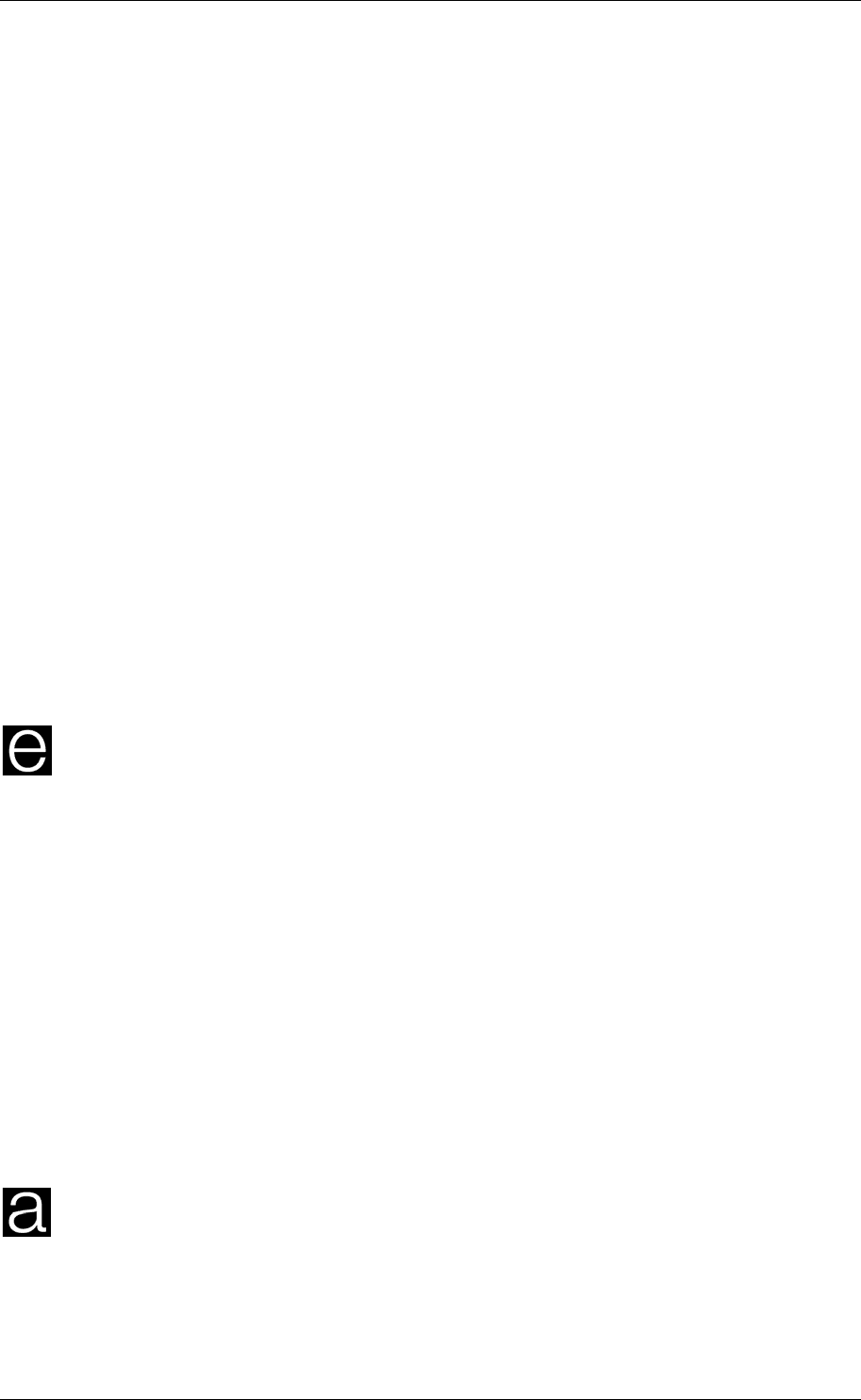
Chapter 14: Professional practice and codes of ethics
© Emile Woolf Publishing Limited 299
There is also an implication in the professional-client relationship that the
professional has more concern for the client than for his own self-interest. The
professional puts the client before himself.
1.2 Acting professionally
Professionals are expected to act in a professional way. Professional behaviour
means complying with relevant laws and obligations, including compliance with
the code of conduct (including the code of ethics) of the relevant professional body.
Professional behaviour is commonly associated with:
acting with integrity, and being honest and straight-dealing
providing objective opinions and advice, free from bias, influence or conflicts of
interest
using specialist knowledge and skill at an appropriate level for the work
confidentiality: respecting the confidentiality of information provided by clients
avoiding any action that brings the reputation of the profession into disrepute
compliance with all relevant laws and regulations.
The ACCA Code of Ethics and Conduct states that ‘the principle of professional
behaviour imposes an obligation on members to comply with relevant laws and
regulations and avoid any action that may bring discredit to the profession.’
Example
Anton Rivers is the senior partner in a firm of accountants that specialises in
preparing financial statements for clients, tax work and auditing. Mr Rivers has
decided to advertise the services of his firm in the local newspaper.
The advertisement states that Rivers and Co is a highly experienced firm with
numerous clients, including foreign and domestic companies. It adds that the
services of the firm are of the highest standard, unrivalled by any other local firm of
accountants.
His colleague challenges him by commenting that Rivers and Co does not have any
foreign companies as a client. Mr Rivers replies that it is only an advertisement, and
no one ever believes the marketing claims in advertisements.
Has Anton Rivers acted in a professional way? If not, why not?
Answer
Anton Rivers has breached the code of conduct of his profession, by:
failing to act honestly (and with integrity), and
by implication, criticising the work of other professionals.

Paper P1: Governance, risk and ethics
300 © Emile Woolf Publishing Limited
The advertisement contains an untrue statement, that the firm has foreign
companies as clients. This is dishonest.
The advertisement also states that the standards of service from the firm are better
than those of any other firm in the area. This is a criticism of other accountancy
professionals, and is not permitted by the professional codes of ethics.
1.3 Acting in the public interest
An aspect of professional bodies, which separates a profession from a trade, is that
members of the profession are expected to act in the public interest. It is therefore a
responsibility of the accountancy profession ‘not to act exclusively to satisfy the
needs of a particular client or employer’.
When the demands or needs of a client or employer appear to be contrary to the
public interest, accountants should consider the public interest.
So what is the public interest? Professional codes of ethics do not provide a clear
definition, but it is usual to associate the public interest with matters such as:
detecting and reporting any serious misdemeanour or crime
protecting health and public safety
preventing the public from being misled by a statement or action by an
individual or an organisation
exposing the misuse of public funds and corruption in government
revealing the existence of any conflict of interests of those individuals who are in
a position of power or influence.
1.4 Influence of the accounting profession in business and government
A function of the accounting profession is to record financial transactions and to
report the financial performance and financial position of business entities and
government organisations. Information about business and other organisations
comes largely from accountants. Arguably, accountancy has an influence on
business and government that is both:
continuous and
more extensive than any other profession.
Financial reporting
Accountants are involved in the preparation of financial statements, which are used
by shareholders and other investors to assess companies and make their investment
decisions. Financial reports are often used to prepare information about companies
for other interested parties, such as the government (for tax purposes) and
employees.

Chapter 14: Professional practice and codes of ethics
© Emile Woolf Publishing Limited 301
Auditing
Accountants also check the financial statements of companies (and government
organisations), and report on their ‘accuracy’ to shareholders or government.
Shareholders rely on the opinion of the auditors to obtain reassurance that the
financial statements give a true and fair view.
The need by investors for reliable financial reporting and auditing was discussed in
an earlier chapter, in the context of corporate governance.
Management accounting
Management accountants provide information to management, to assist managers
with decision-making. In many organisations, management accountants have
extended their involvement with management information systems to the provision
of strategic as well as shorter-term management information, and non-financial as
well as financial information.
Tax
As tax advisers, accountants can help corporate clients to avoid payment of tax
through tax avoidance schemes. A criticism of tax avoidance schemes is that they
enable wealthy individuals and profitable companies to avoid paying tax, which
means that the tax burden is shared by the poorer members of society.
Consultancy
Accountancy firms may provide consultancy services to a range of different clients.
Major strategic decisions by government and companies might be influenced by the
advice and recommendations from consultants. In the UK for example, the major
accountancy firms have been involved in providing advice to the government on
the privatisation of public services and the introduction of private capital into
financing public investments.
Public sector accounting
Accountants within the public sector are responsible for recording financial
transactions within government departments and government-owned
organisations, and for financial reporting and auditing within the government
sector.
1.5 Public expectations of the accountancy profession
The general public has high expectations of the accountancy profession.
Many non-accountants do not have much understanding of accounting issues,
but they rely on accountants to ensure that financial reporting is reliable and
‘fair’, and that management is not ‘cheating’ by presenting misleading and
inaccurate figures in their accounts.
Auditors are also seen, by many members of the public (rightly or wrongly), as a
safeguard against fraud.

Paper P1: Governance, risk and ethics
302 © Emile Woolf Publishing Limited
The public continues to believe that the accountancy profession is an ethical
profession that offers some protection to society against the ‘excesses’ of
capitalism.
A role of the accountancy bodies should be to reinforce this public perception of an
ethical profession. They do this by issuing codes of conduct, including codes of
ethics, and expecting all their members to comply.
1.6 Ethics and accountants: critical theory
The ethical codes of accountancy bodies are described in more detail later in this
chapter.
First, however, it might be useful to consider some differing views about
accountants, that accountants and the accountancy profession do not necessarily act
in the public interest and in some ways they might act against it. The perception that
the accountancy profession has of itself, that it is a defender of ethical principles in
business and government, might not be correct.
The nature of critical theory
Critical theory is an approach to research and investigation used by many
universities for many different academic disciplines, including accountancy. Critical
theory originated with the Frankfurt School in the mid-20
th
Century. It is an
approach to analysing aspects of society (such as accounting and the accountancy
profession) based on an ethical view and a belief that there is a need for
improvement and change. The original inspiration for critical theory was the work
of Marx and Hegel. For example, some critical theorists argue that an organisation’s
culture can be seen as a tool for repression, and domination (by managers and
owners), and for the maintenance and reproduction of a dominant group. One aim
of critical theory is to make people think again about their perceptions and
attitudes, and the ways in which they think.
Critical theory and accounting (‘critical accounting’)
Critical theory in accounting (sometimes called ‘critical accounting’) challenges the
traditional view that accountants are objective individuals, free from bias and
influence (‘value-free’) and with technical expertise, who are able to present reality
in the information they provide.
Critical accountants would make the following arguments, in support of their view
that accounting is not objective.
Accounting information is not objective and value-free. It was developed as a
tool for government and business leaders, to help them maintain their position
of power within society. Traditional financial reporting, for example, helps
business leaders to retain control over the companies they run. Its main focus is
on shareholders and profits. Different interest groups (such as shareholders and
employees) are treated differently and some individuals have more and better
access to accounting information than others.
Accounting is not objective because it is a social as well as a technical process. In
any given situation or context, different accountants may have different views,
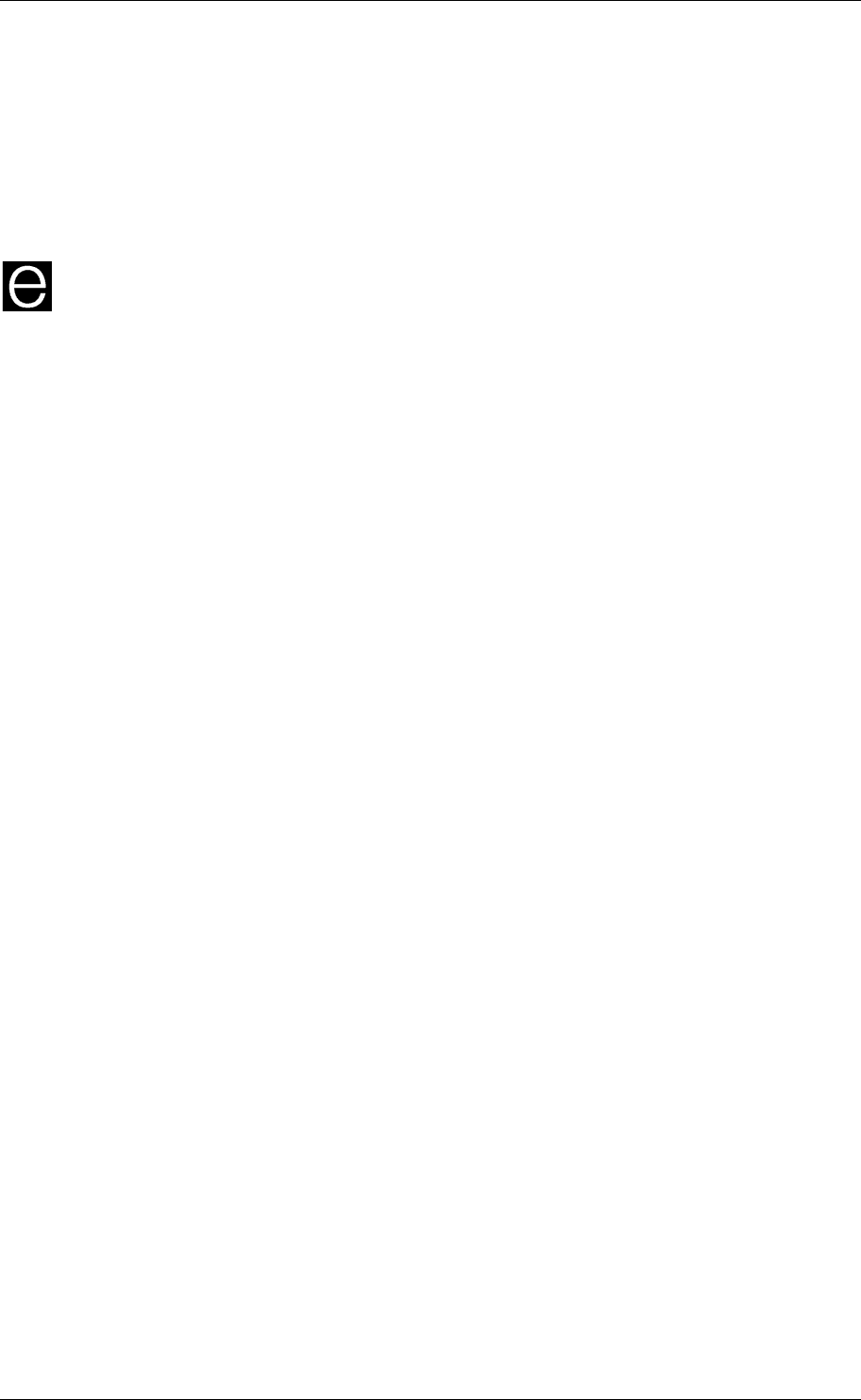
Chapter 14: Professional practice and codes of ethics
© Emile Woolf Publishing Limited 303
arising from their cultural differences. All such social attitudes are based on
historical conditioning and development of culture, and these attitudes cannot
be changed easily because they are deep-rooted in the past.
The accountancy profession has created the concept of ‘truth’ in financial
reporting, although the meaning of ‘truth’ (as in ‘true and fair view’) is uncertain
and subject to different interpretations.
Example
The popular view of auditing is that it provides confirmation or reassurance that
financial statements present a true and fair view. This might seem to provide an
objective and value-free opinion, but the reality is very different.
(1) In an audit check, the auditors check only a sample of transactions or items,
not every transaction.
(2) The auditors are concerned only with significant errors. Errors that are not
significant do not matter.
(3) The auditors confirm that the financial statements present a true and fair
view. This indicates that although the accounts present one true and fair view,
there are other views that are equally true and fair.
Morgan (1986), a critical accountant, commented that accountants often believe that
they represent reality as it really is, but in actual fact they present situations from a
limited, one-sided viewpoint.
Accounting has shaped our perceptions of how performance should be reported.
Accountants make extensive use of numbers as a means of expression and
presenting information. Numbers might seem to be ‘correct’, which makes it
difficult to argue against them. However, numbers should not be confused with
reality. They are a way of condensing, representing and summarising
information, and need not be exact or complete.
Accounting processes de-humanise human beings and society, by reducing
social relations to measurable numbers – or ignoring them and not measuring
them at all.
There is bias in accounting, and accountancy helps to protect the interests of
business and government leaders by providing only a restricted amount of
information to the public, on selected topics.
The moral development of accountants: accountants as ‘rule-followers’
The traditional view of accountancy is that it is a moral and ethical profession.
Academic research in the US suggests that this might not be the case. Research has
started from a four-step model of moral behaviour. If a person is moral and ethical,
he will take moral decisions in the following ways:
Step 1. The individual must be able to recognise the moral issue or moral
dilemma, whenever there is an ethical aspect to a situation. He or she must be
able to recognise that a moral decision has to be taken.
